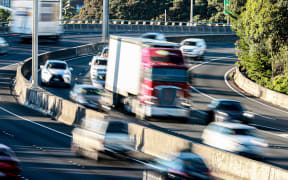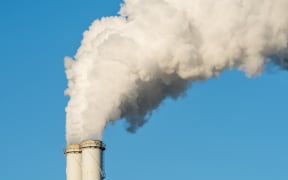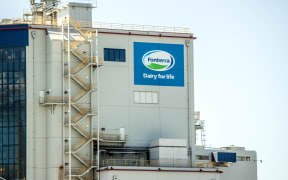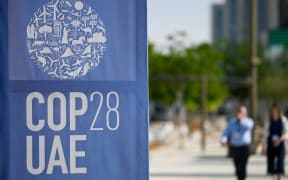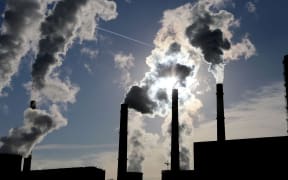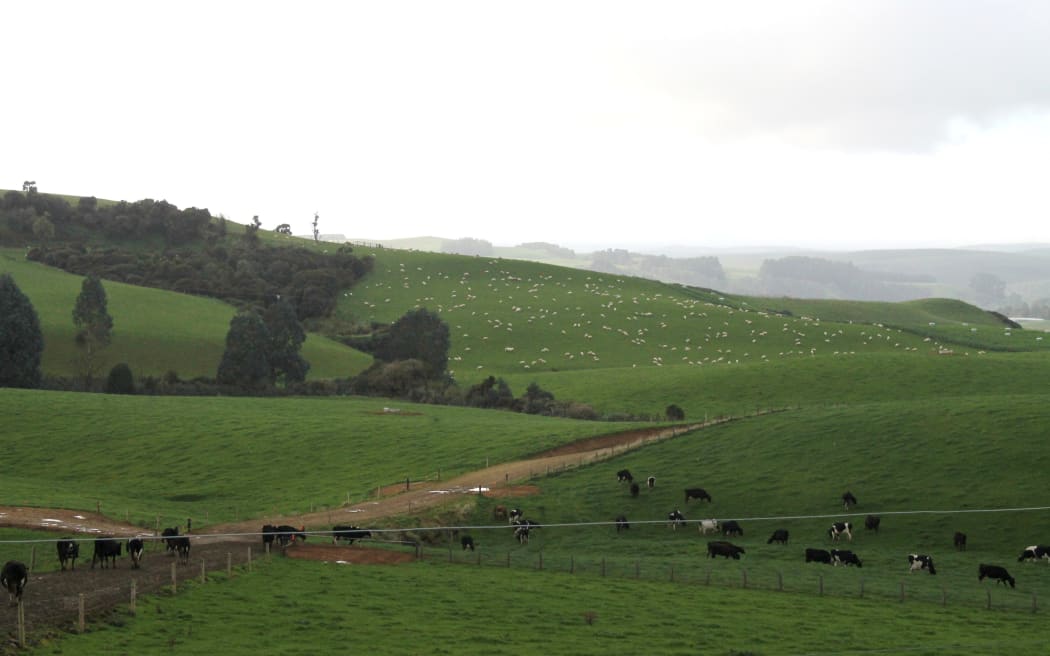
The global food body cites research saying methane from cows and sheep must fall 11-30 percent in 2030 off 2010 levels. Photo: Supplied
The world's top agriculture body has presented a blueprint for how to get livestock emissions down at the COP28 climate summit in Dubai.
The Food and Agriculture Organisation of the United Nations (FAO) says cutting methane burped by animals like cows and sheep is "essential to limit the global warming to less than 2 degrees Celsius, preferably less than 1.5 degrees Celsius."
The global food body cites research saying methane from cows and sheep must fall 11-30 percent in 2030 off 2010 levels, to keep the planet inside safer heat levels, limiting damage to human health and farming conditions.
New Zealand's overall target for cutting methane is 10 percent, which is likely to be met by combining a slightly less-than-10 percent reduction to livestock gas with higher-than-10 per cent cut to landfill methane.
The FAO's report, released on Friday night New Zealand time, revised down its previous estimates of global heating from animal products to 12 percent of total human climate impact.
It warned against purely focussing on producing animal protein more efficiently, at the expense of focussing on herd sizes, in the quest to get emissions down. Companies such as Fonterra and Westpac have efficiency-only targets for cutting farming emissions (meaning targets per unit of product, not absolute cuts to total climate impact). However analysts have said that if herd numbers keep falling slightly, they will result in overall greenhouse gas decreases.
On the flipside, the FAO report warns that if production increases and livestock expansion outweigh any efficiency gains, emissions will not fall enough to safeguard the climate, it concludes.
Stark comparisons
The reports highlights the large regional divide between poor nations including many in Africa (which have fewer livestock but much higher emissions per animal, because of less efficient systems) and richer nations including those in the Americas and Europe (which often have higher overall livestock numbers and higher overall emissions, despite their greater efficiency). Asia is creating rising demand as incomes increase.
Richer nations tend to eat vastly more animal products per person, whereas people in some countries are not getting enough nutrition overall and are likely to increase their animal product consumption between now and 2050, the report projects.
The report also highlights the stark difference between the climate impacts of beef and lamb versus other animal foods such as milk, chicken, eggs and pork. Cattle account for 62 percent of the climate impact of all food animals, with beef and lamb meat dwarfing eggs, chicken, pork and milk on a per kilo basis.
The FAO concluded it is critical to get livestock emissions down to protect people and farms from worsening extreme climate damage.
But achieving the cuts needed would require contributions from a whole list of changes, with no one measure making a majority of the difference.
The report lists efficiency gains as one of the biggest potential improvements, along with human dietary changes (mainly in well-off countries), genetic breeding of lower-methane animals, tweaking animal feed, using methane-cutting feed supplements (at this point these are mainly suitable for feedlot or barn-raised animals) and reducing food waste.
Although the report says there is significant scope to make farming more efficient, especially but not only in poorer countries, it warns animal welfare and environmental health should not be sacrificed for more intensive farming.
By the numbers:
- 12%: Share of human emissions created by producing animal protein in 2015
- 62%: Share of those emissions produced by cattle
- 15%: Share from pigs
- 9%: Share from chickens
- 67%: Share of animal protein emissions from producing meat
- 30%: Share from milk
- 3%: Share from eggs
